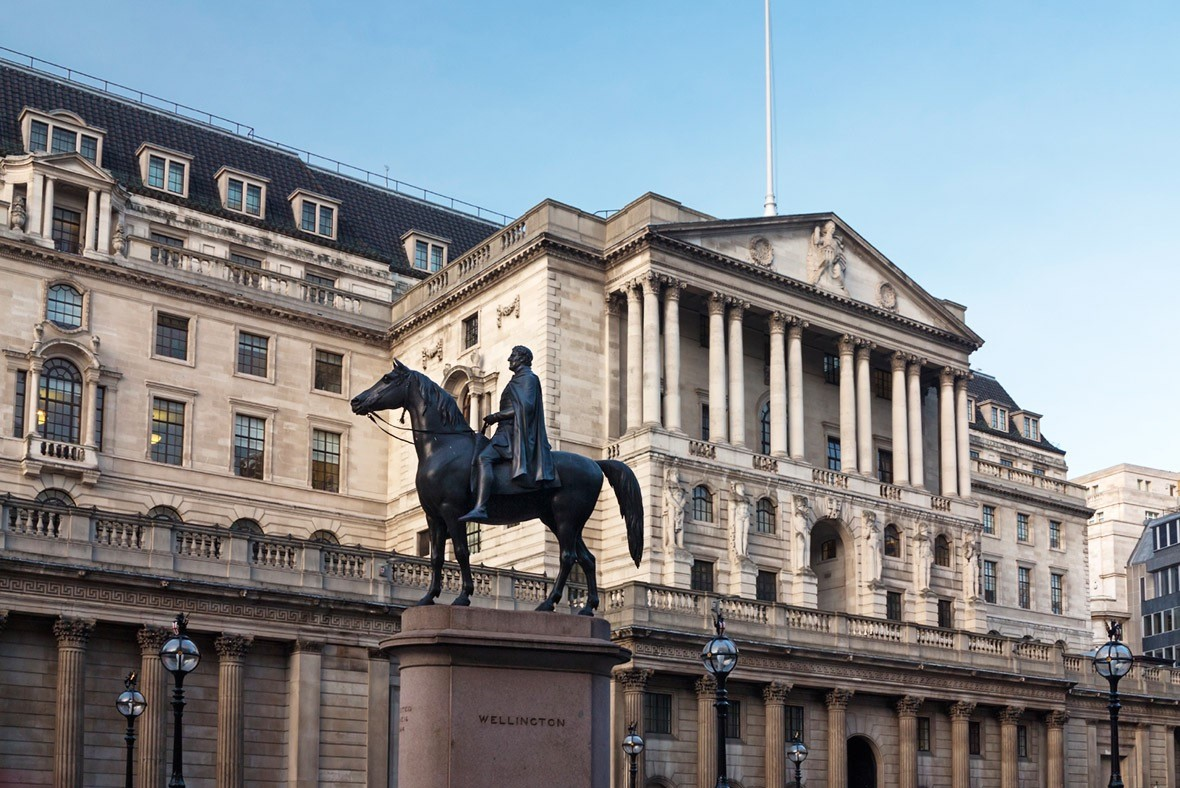Financial Action Task Force (FATF) Wants U.K. to Soon Introduce Regulatory Measures for Cryptocurrencies

Financial Action Task Force (FATF), an international organization which focuses regulations relating to terror financing and money laundering, is looking at the U.K. regulators and have asked them to further strengthen their monitoring of the cryptocurrency sector.
Last week, the FATF released a report while putting it major focus on protecting the country from terror financing and also preventing money laundering. Based on the existing CFT and AML measures introduced by U.K. regulators, the FATF said that there’s a need for a “significant overhaul”.
It further goes to note that they have lack of “understanding of their risks” in the matter of money laundering involving cryptocurrencies, and that they are falling short of taking stern measures to effectively mitigate them.
It notes: “Virtual currency exchange providers are not yet covered by AML/CFT requirements. This is an emerging risk and there is not yet evidence to suggest that broad scale ML/TF is occurring in the UK through this relatively small sector.”
Alike in the other parts of the world, the U.K. lawmakers are discussing the best practices to introduce to tackle the crypto onslaught. Right from the U.K. central bank to other financial institutions have been engaged to come up with an effective solution.
The FATF report states that so far, the local authorities have “identified and assessed the risks associated with new payment methods”. Moreover, they are now “preparing regulations to extend AML/CFT requirements to this sector.”
Some of the recommendations made by the FATF to U.K. include: “progress plans to extend AML/CFT requirements and related supervision to virtual currency exchange providers.” In October 2018, the FATF said that by mid-2019 it will introduce a new guidance for international virtual coin regulations while covering wallet providers, exchanges, and ICO-related firms.
If the countries failed to abide by the new rules, the FATF will likely restrict them blockchain their access to the global financial system.
The FATF noted: “These changes add to the Glossary new definitions of “virtual assets” and “virtual asset service providers” – such as exchanges, certain types of wallet providers, and providers of financial services for Initial Coin Offerings (ICOs). These changes make clear that jurisdictions should ensure that virtual asset service providers are subject to AML/CFT regulations, for example conducting customer due diligence including ongoing monitoring, record-keeping, and reporting of suspicious transactions. They should be licensed or registered and subject to monitoring to ensure compliance. The FATF will further elaborate on how these requirements should be applied in relation to virtual assets.”


